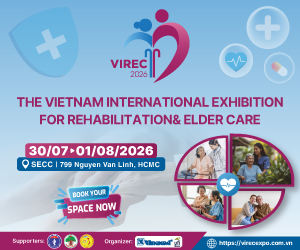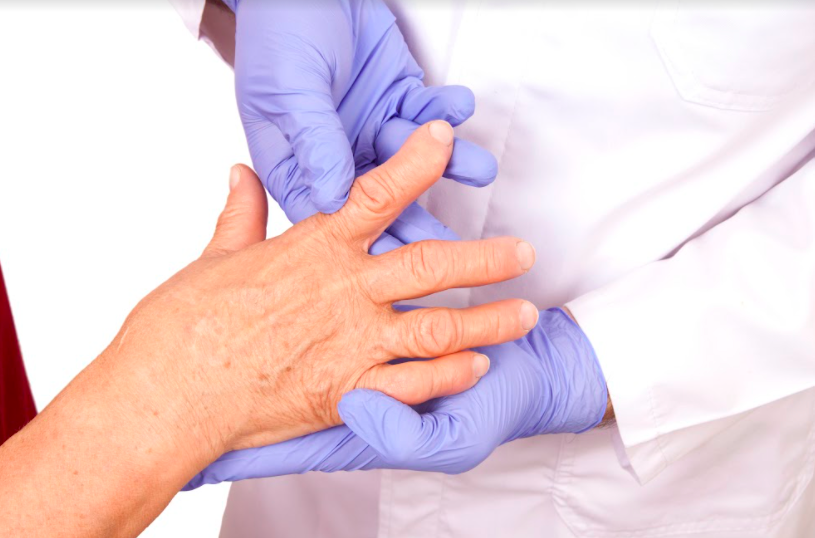News
QIAGEN and APAGE bring Asia’s leading experts together for GI consensus meeting on rapid molecular syndromic testing
- QIAGEN, in collaboration with APAGE, organized a regional meeting in Malaysia to share insights in GI diagnostics
- Over 10 leading key opinion leaders presented and discussed clinical practices on the use of rapid syndromic testing in GI infections
- The regional experts concluded that rapid multiplex GI syndromic testing should be recommended over conventional testing to improve treatment decisions and patient outcomes
Singapore, September 22, 2025 – QIAGEN today announced the conclusion of the gastrointestinal (GI) consensus meeting, which convened leading gastroenterology experts from across Asia-Pacific to develop recommendations for clinical practice on the use of rapid molecular multiplex syndromic testing in GI infection diagnostics.
The two-day meeting, held on September 20–21 in collaboration with the Asia-Pacific Association of Gastroenterology (APAGE), brought together key opinion leaders from Singapore, Malaysia, Thailand, Indonesia, the Philippines and Australia. Discussions focused on the clinical utility of syndromic testing in acute and chronic infective diarrheal diseases, particularly in high-risk groups such as pediatric, elderly, immunocompromised patients and those with underlying comorbidities.
Key topics discussed in the program included:
- Professor Gwee Kok Ann (Singapore) – The multiplex GI panel allows detection of more diarrheal disease-causing pathogens. This unique feature is further enhanced with the detection of viral, bacterial and parasitic targets, and also co-infections.
- Associate Professor Jackrapong Bruminhent (Thailand) – The advantage of rapid turn-around-time (TAT) allows clinicians to get faster results and better decision making for patient treatments.
- Dr. Kwee Chin Liew (Australia) – The important roles of utilizing rapid multiplex GI syndromic testing in the pediatric and elderly populations.
- Dato Dr. Mahendra Raj (Malaysia) – The important role and limitations of rapid multiplex GI syndromic testing in immunocompromised patients.
- Professor Marcellus Simadibrata (Indonesia) – The benefits of using rapid multiplex GI syndromic testing in patients with certain underlying conditions, such as IBD/IBS, immunocompromised patients, history of frequent GI infections, acute, and chronic diarrhea.
- Dr. Angela Salvana (Philippines) – The important role of rapid multiplex GI syndromic testing in outbreak clusters.
- Professor Muhammad Miftahussurur (Indonesia) – The importance of having Ct values in the rapid syndromic GI panel that does provide clinicians with better insight into patient’s infection, taking into consideration all clinical related history, examination, and epidemiological trends.
- Dr. Edsel Salvana (Philippines) – Rapid molecular GI syndromic testing provides strong support towards improving antimicrobial stewardship programs by aiding clinical decisions to start, de-escalate, or stop unnecessary antimicrobials for patients.
“Rapid multiplex syndromic testing is improving how we diagnose GI infections.” said Alvin Lee, Director of Market Development, Infectious Disease at QIAGEN. “By detecting viral, bacterial and parasitic pathogens – including co-infections, it allows clinicians to make faster and better informed treatment decisions.”
“Multiplex GI testing also provides strong support for antimicrobial stewardship by guiding physicians on when to start, de-escalate or stop antibiotics. It plays a valuable role in clinical decision making,” said Justin Chai, Director of Medical Affairs at QIAGEN.
Professor Ooi Choon Jin, President of APAGE said, “By bringing together experts from across Asia, this consensus helps align regional practices and highlights the importance of adopting innovative diagnostics that enhance standards of care across the region.”
Experts agreed that rapid molecular syndromic testing provides benefits over traditional stool testing methods and should be recommended as the preferred diagnostic approach for infectious diarrheal diseases, particularly among vulnerable patient groups such as pediatrics, elderly population and immunocompromised patients.
With Asia-Pacific facing a high burden of diarrheal diseases, this consensus is expected to influence clinical practice and health policy across the region. QIAGEN remains committed to making improvements in life possible by advancing innovative diagnostic solutions that enhance patient outcomes, support antimicrobial stewardship and strengthen outbreak preparedness.
About QIAGEN
QIAGEN N.V., a Netherlands-based holding company, is the leading global provider of Sample to Insight solutions that enable customers to gain valuable molecular insights from samples containing the building blocks of life. Our sample technologies isolate and process DNA, RNA and proteins from blood, tissue and other materials. Assay technologies make these biomolecules visible and ready for analysis. Bioinformatics software and knowledge bases interpret data to report relevant, actionable insights. Automation solutions tie these together in seamless and cost-effective workflows. QIAGEN provides solutions to more than 500,000 customers around the world in Molecular Diagnostics (human healthcare), Applied Testing (primarily forensics), Pharma (pharma and biotech companies) and Academia (life sciences research). As of June 30, 2025, QIAGEN employed approximately 5,700 people across more than 35 locations. For more information, visit http://www.qiagen.com.
####
About APAGE
The Asian Pacific Association of Gastroenterology (APAGE) was founded in Tokyo on 30 March 1961 and was incorporated as a company in Hong Kong, China in 2001.
APAGE leads in creating a united, multi-cultural, and multi-dimensional organisation dedicated to advancing excellence in clinical practice, education, and research towards the improvement of digestive health across the Asia-Pacific region and the world.
Through international collaboration, fellowship programmes, conventions and scientific research, APAGE drives innovation and knowledge sharing, positioning the Asia-Pacific region at the forefront of advances in digestive health. It actively supports cooperative research and the exchange of expertise among clinicians, scientists, and doctors worldwide. Current initiatives focus on promoting green sustainability and harnessing AI in gastroenterology and related fields, ensuring a lasting impact on future healthcare.
For media enquiries, please contact:
Ellerton & Co. for QIAGEN
qiagen@ellerton.sg























